Christopher Atkins has lived a life that reads like a Hollywood script—marked by dizzying heights of fame, painful lows of betrayal and addiction, and, ultimately, the redemption found in family and a quieter life. Today, in his 60s, he is a doting grandfather. But decades earlier, he was one of the world’s most recognizable teen idols.
Born on February 21, 1961, in Rye, New York, Atkins began his career not in acting, but in modeling. A fresh-faced newcomer with no training, he had little reason to expect that his life would change so dramatically at just 19. That transformation came in 1980, when he was cast in The Blue Lagoon opposite Brooke Shields.
The film, a provocative story of two cousins stranded on a deserted island who come of age together, stunned audiences with its frank exploration of love, intimacy, and innocence. Critics were quick to condemn the movie for its nudity and controversial subject matter. Yet despite, or perhaps because of, the scandal, it became a massive box-office success. Overnight, Atkins was vaulted into global stardom, his youthful looks and sun-kissed charm making him a pop culture phenomenon.
With fame came a level of scrutiny he had never anticipated. Atkins recalls that his fan base was not always what the Hollywood machine expected. “My biggest fans were gay men,” he once admitted, noting that male admirers often outnumbered female ones. The attention was intense and unrelenting, but he pressed forward, determined to carve out a career beyond his breakout role.
Over the next several years, he took on a variety of projects that showed his willingness to take risks and experiment with different personas. He starred in the made-for-television drama Child Bride of Short Creek in 1981, and lent his voice to animated features such as Swan Lake and Aladdin and the Magic Lamp the following year. In 1982, he embraced swashbuckling adventure in The Pirate Movie, a campy cult classic, before taking an even bolder turn in 1983 with A Night in Heaven, in which he played a male stripper.
Atkins’ career would continue to evolve with peaks and valleys, but his earliest years cemented him as a cultural touchstone of the 1980s—a symbol of innocence and rebellion, of Hollywood promise and personal challenge.
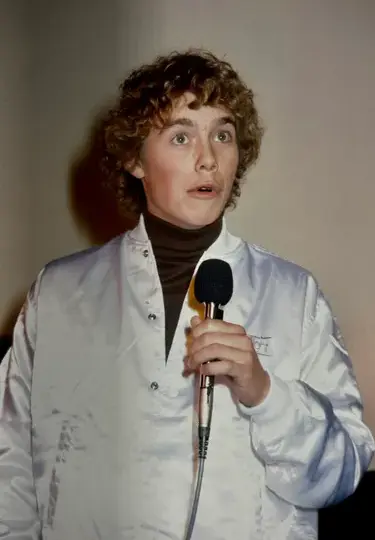
In 1983, Christopher Atkins made a high-profile leap into television, joining the cast of the iconic soap opera Dallas. His role as Peter Richards, which spanned 27 episodes, firmly established him as a rising TV star. For a time, it seemed his career was destined to follow the same dazzling trajectory that had defined his early success on the big screen.
But by the mid-1980s, the shine of stardom had begun to dim. Atkins found himself shifting toward television movies and supporting roles, appearing in projects such as Secret Weapons (1985) and making a guest appearance on the primetime drama Hotel. While he remained visible, the offers no longer carried the same weight—or the same promise—as his breakout years.
Compounding the professional slowdown were devastating personal challenges. Shortly after marrying Australian model Lyn Barron, Atkins became the victim of a betrayal that would nearly unravel his life. His manager, Mick Schneider, was accused of stealing vast sums—up to half a million dollars—from celebrity clients, including Atkins. The financial blow left him teetering on the edge of ruin. Reflecting on the ordeal years later, Atkins described the experience with raw candor: “There is nothing worse than having your whole life pulled out from under you.”
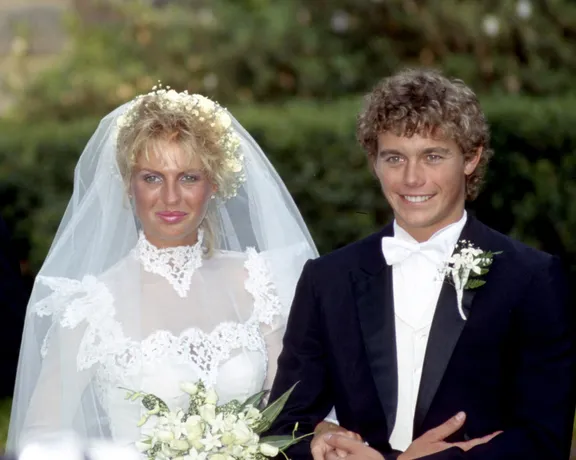
The betrayal and financial devastation took a heavy toll, driving Christopher Atkins into a spiral that culminated in an alcohol-fueled breakdown in 1986. Recognizing the danger, he entered rehab, beginning what would become a long and difficult journey toward sobriety. It was a turning point—one that revealed just how fragile fame could be, but also how resilient he was willing to become.
Even amid personal upheaval, Atkins refused to step away from the screen. He kept working steadily, albeit in smaller projects. In 1987, he appeared in Night Rose: Akhbar’s Daughter and the thriller Beaks: The Movie, followed by the dark comedy Mortuary Academy in 1988. Roles in Listen to Me (1989) and Fatal Charm (1990) kept his career moving forward, if not at the same fever pitch of his early stardom.
By the early 1990s, Atkins was balancing the demands of Hollywood with the responsibilities of fatherhood, raising two children, Grant and Brittney, with his then-wife. His work ethic never wavered; in 1993 alone, he appeared in several films and television projects, proving his determination to stay active in an industry that can be unforgiving to former teen idols.
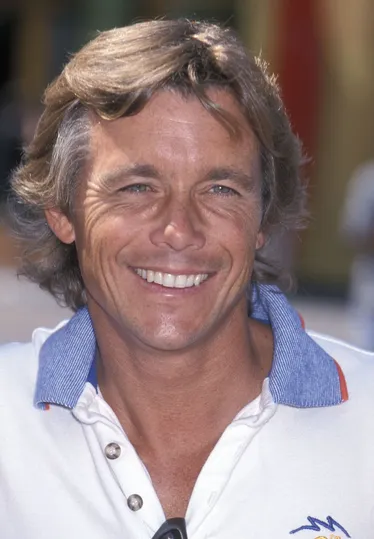
Through the late 1990s, Christopher Atkins remained a steady presence in the entertainment world, carving out a career in television and the growing market of direct-to-video releases. His credits from the era included Bullet Down Under (1994), as well as western-themed projects like Guns of Honor and Trigger Fast, among others. While these roles may not have captured the spotlight of his earlier work, they underscored his determination to keep pursuing the craft that had defined much of his life.
As the industry shifted into the 2000s, Atkins embraced the independent film circuit, a move that allowed him to showcase greater range and versatility. Between 1999 and 2002, he amassed a string of credits across film and television, demonstrating not just perseverance but also a genuine dedication to storytelling in all its forms.
Yet, while his professional life continued, his personal life entered a period of significant change. In 2007, Atkins divorced Lyn Barron, his wife of more than two decades and the mother of his two children. In the years since, he has been candid about his romantic life, describing himself as a “serial monogamist” who has had two long-term relationships following the end of his marriage.
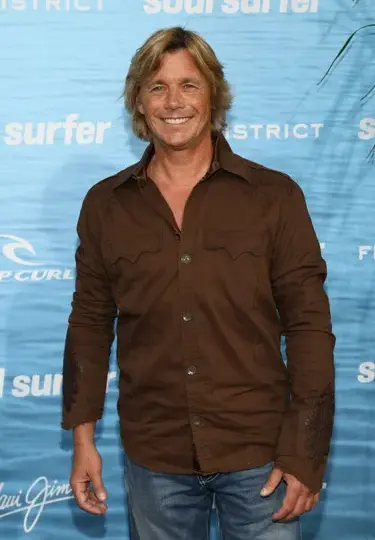
In 2009, at 47, Christopher Atkins returned to the spotlight on VH1’s Confessions of a Teen Idol, seeing it as a chance to prove he still had the spark that made him famous. That same year, he proudly marked 22 years of sobriety, reflecting, “I wouldn’t change a thing. It’s who I am today.” Away from Hollywood, he found a new passion in designing luxury swimming pools, often inspired by the lagoon that defined his breakout role. “You have to do what you need to do,” he said. “Life is an adventure.”
Through the 2010s, Atkins balanced his pool business with acting, appearing in indie films like Forget Me Not (2009) and Sedona (2011), and returning to his roots with Blue Lagoon: The Awakening (2012). He also worked on family and faith-based projects such as The Sparrows: Nesting (2014) and made TV appearances on CSI: Miami. Now 64, he remains active on screen and social media, with recent credits including Lake of Fire (2020) and Ladies of the ’80s: A Divas Christmas (2023), and more projects on the horizon.
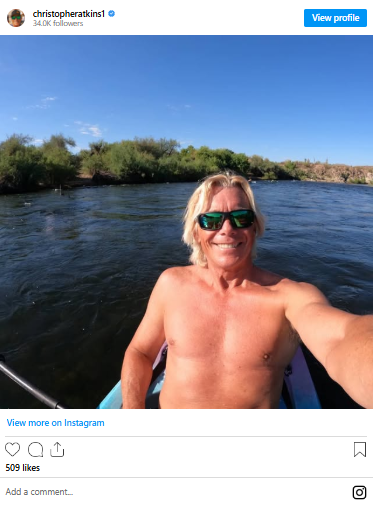
Christopher Atkins’ ambitions extend beyond acting. He has worked as a producer and writer on several projects and looks forward to directing and producing more in the future. Yet the role he treasures most is that of grandfather. By 2021, he had three grandsons, whom he delights in taking on adventures like camping and fishing.
From Hollywood heartthrob and survivor to pool designer and devoted family man, Atkins has navigated life’s challenges with resilience and grace. Though his career has seen both highs and lows, he remains sober, family-focused, and open to new chapters. At 64, he demonstrates that life after fame can still be rich with joy and purpose.



